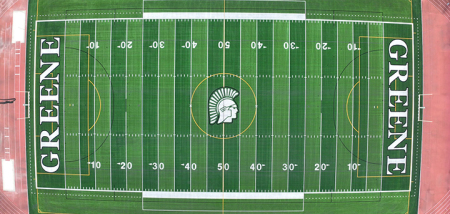Energy Department Denies Rehearing On Transmission Corridors
Published:
March 7th, 2008
By:
Michael McGuire
WASHINGTON – The U.S. Department of Energy has denied a number of requests asking that it re-examine its decision to create two National Interest Electric Transmission Corridors, the department announced Thursday.
The DOE upheld the controversial corridor designations (NIETCs), stating the requests for a rehearing, filed by a number of historical, environmental and anti-power line groups, were “without merit.”
Corridor opponents argue the policy is overreaching and could set a precedent that fast-tracks high voltage power lines through environmentally, historically and economically sensitive areas of the country. The purpose of the NIETCs is to foster transmission investment where power grids are critically congested and negatively affecting consumer costs and national security.
Inside the Mid-Atlantic and Southwest corridors, which covers most of New York and all or part of nine other states on both coasts, the federal government can override state authority and grant permits to private power line developers, like New York Regional Interconnect.
Guided by the 2005 Energy Policy Act, the Federal Energy Regulatory Commission can also approve transmission projects inside corridors even if those application were reviewed and denied legally at the state level.
Continue Reading This Story
Subscribe now at half price for a limited time!
Author: Michael McGuire - More From This Author
Comments









